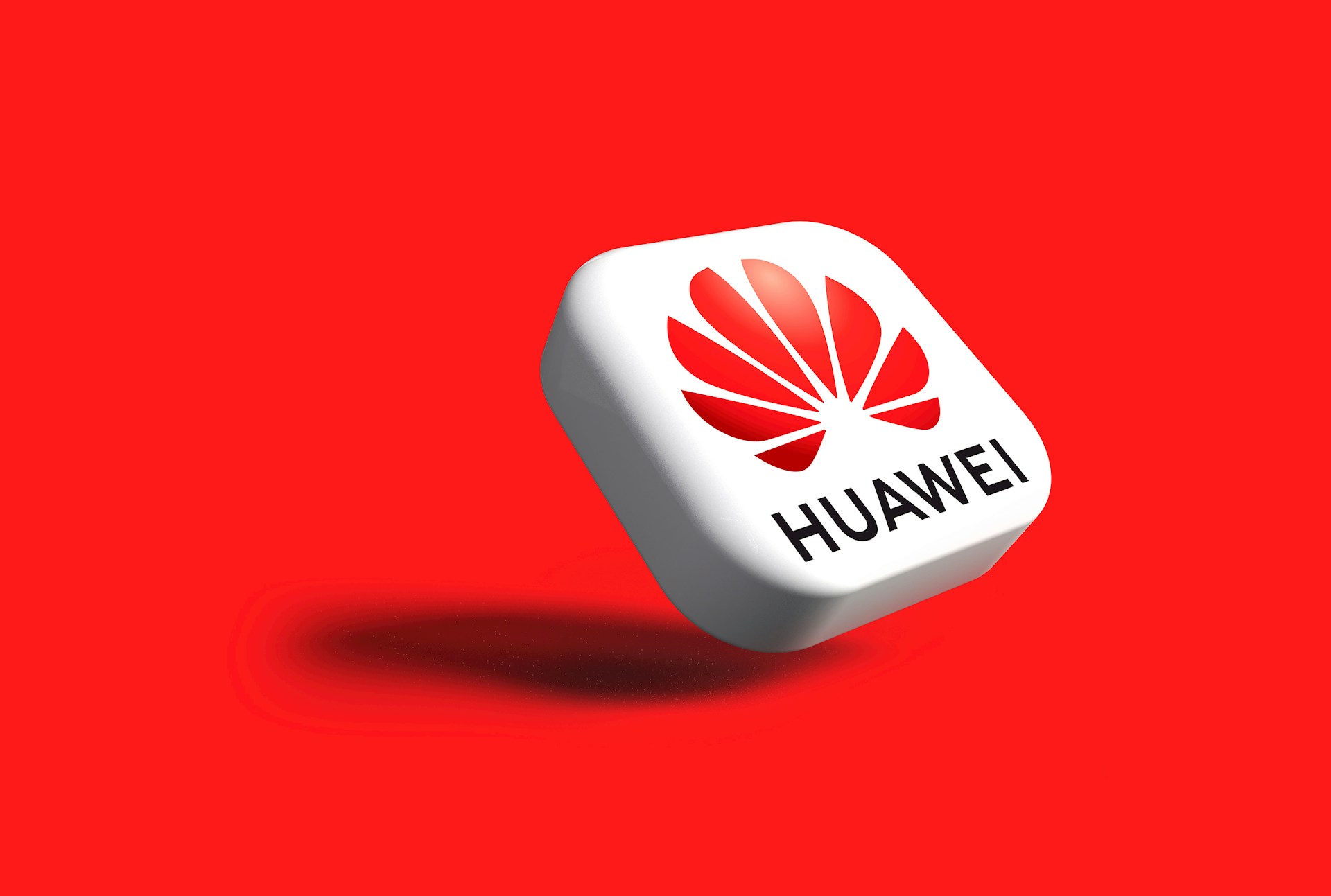Republican lawmakers criticized the Biden administration as Huawei, under US sanctions, launched a laptop with Intel's latest AI chip, sparking renewed debate over technology exports to China.
Huawei's Launch of AI Laptop with Intel Chip Sparks Fury Over US Export Policies
In 2019, the United States placed Huawei on a trade restriction list for violating Iran sanctions as part of a larger effort to stifle Beijing's technological advancements, Reuters reported earlier.
Placement on the list requires the company's suppliers to obtain a specialized, difficult-to-obtain license before shipping to it.
Since 2020, Intel has been allowed to ship central processors to Huawei for use in laptops under a license issued by the Trump administration. China's hardliners had urged the Biden administration to revoke the license, but many reluctantly accepted that it would expire later this year and not be renewed.
Huawei's announcement on April 11 of its first AI-enabled laptop, the MateBook X Pro, powered by Intel's new Core Ultra 9 processor, shocked and enraged them because it implied that the Commerce Department had approved shipments of the new chip to Huawei.
"One of the greatest mysteries in Washington, DC, is why the Department of Commerce continues to allow US technology to be shipped to Huawei," Republican Congressman Michael Gallagher, who chairs the House of Representatives Select Committee on China.
Continued Huawei Chip Shipments Under Scrutiny Amid Calls for Tighter US Export Controls
According to a source the chips were shipped under an existing license. They are not subject to the recent broad restrictions on AI chip shipments to China, according to the source and another person.
The Commerce Department and Intel have declined to comment. Huawei did not immediately respond to requests for comment.
The reaction reflects growing pressure on the Biden administration to do more to thwart Huawei's rise, nearly five years after the company was added to a trade restriction list, per CNA.
Last August, it stunned the world with a new phone powered by a sophisticated chip manufactured by sanctioned Chinese chipmaker SMIC, which became a symbol of China's technological resurgence despite Washington's ongoing efforts to cripple its ability to produce advanced semiconductors.
At a Senate subcommittee hearing this week, an export enforcement official, Kevin Kurland, stated that Washington's restrictions on Huawei have had a "significant impact" on its access to US technology.
He also stated that the goal was not to prevent Huawei from expanding, but rather to prevent it from misusing US technology for "malign activities". However, the remarks did little to alleviate Republican China hawks' frustrations following the announcement of Huawei's new laptop.
"These approvals must stop," Republican congressman Michael McCaul said in a statement to Reuters. "Two years ago, I was told licenses to Huawei would stop. Today, it doesn't seem as though the policy has changed."
Photo: Rubaitul Azad/Unsplash



 Palantir Stock Jumps After Strong Q4 Earnings Beat and Upbeat 2026 Revenue Forecast
Palantir Stock Jumps After Strong Q4 Earnings Beat and Upbeat 2026 Revenue Forecast  Global PC Makers Eye Chinese Memory Chip Suppliers Amid Ongoing Supply Crunch
Global PC Makers Eye Chinese Memory Chip Suppliers Amid Ongoing Supply Crunch  SpaceX Prioritizes Moon Mission Before Mars as Starship Development Accelerates
SpaceX Prioritizes Moon Mission Before Mars as Starship Development Accelerates  Tencent Shares Slide After WeChat Restricts YuanBao AI Promotional Links
Tencent Shares Slide After WeChat Restricts YuanBao AI Promotional Links  SpaceX Pushes for Early Stock Index Inclusion Ahead of Potential Record-Breaking IPO
SpaceX Pushes for Early Stock Index Inclusion Ahead of Potential Record-Breaking IPO  Instagram Outage Disrupts Thousands of U.S. Users
Instagram Outage Disrupts Thousands of U.S. Users  Elon Musk’s SpaceX Acquires xAI in Historic Deal Uniting Space and Artificial Intelligence
Elon Musk’s SpaceX Acquires xAI in Historic Deal Uniting Space and Artificial Intelligence  AMD Shares Slide Despite Earnings Beat as Cautious Revenue Outlook Weighs on Stock
AMD Shares Slide Despite Earnings Beat as Cautious Revenue Outlook Weighs on Stock  Elon Musk’s Empire: SpaceX, Tesla, and xAI Merger Talks Spark Investor Debate
Elon Musk’s Empire: SpaceX, Tesla, and xAI Merger Talks Spark Investor Debate  Nvidia, ByteDance, and the U.S.-China AI Chip Standoff Over H200 Exports
Nvidia, ByteDance, and the U.S.-China AI Chip Standoff Over H200 Exports  Nintendo Shares Slide After Earnings Miss Raises Switch 2 Margin Concerns
Nintendo Shares Slide After Earnings Miss Raises Switch 2 Margin Concerns  Nvidia Confirms Major OpenAI Investment Amid AI Funding Race
Nvidia Confirms Major OpenAI Investment Amid AI Funding Race  Amazon Stock Rebounds After Earnings as $200B Capex Plan Sparks AI Spending Debate
Amazon Stock Rebounds After Earnings as $200B Capex Plan Sparks AI Spending Debate  Sam Altman Reaffirms OpenAI’s Long-Term Commitment to NVIDIA Amid Chip Report
Sam Altman Reaffirms OpenAI’s Long-Term Commitment to NVIDIA Amid Chip Report  Jensen Huang Urges Taiwan Suppliers to Boost AI Chip Production Amid Surging Demand
Jensen Huang Urges Taiwan Suppliers to Boost AI Chip Production Amid Surging Demand  Baidu Approves $5 Billion Share Buyback and Plans First-Ever Dividend in 2026
Baidu Approves $5 Billion Share Buyback and Plans First-Ever Dividend in 2026  Sony Q3 Profit Jumps on Gaming and Image Sensors, Full-Year Outlook Raised
Sony Q3 Profit Jumps on Gaming and Image Sensors, Full-Year Outlook Raised 





























